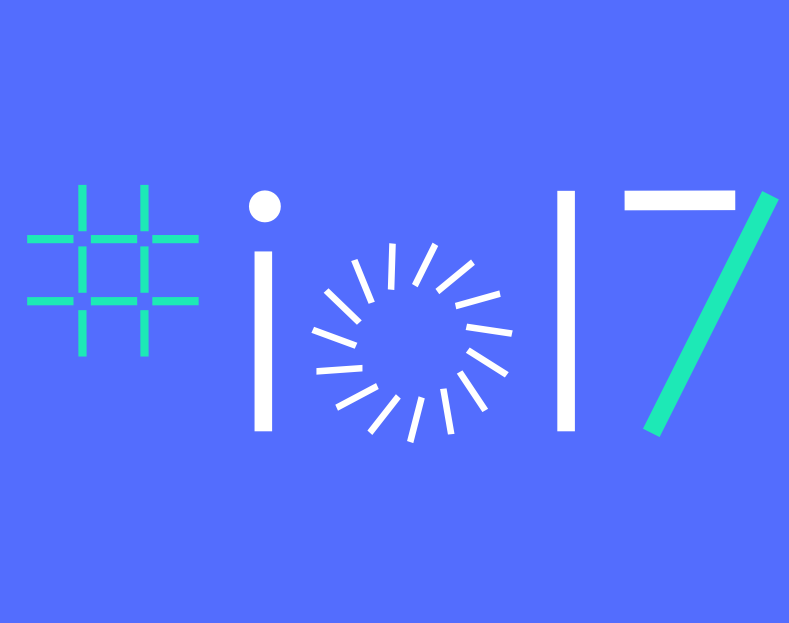Google I/O roundup - Keynote tidbits

Google’s annual Google I/O developer conference is still going on but all of the big announcements have already taken place. The company had quite a few revelations to make, including some surprises.
Here are what we consider some of the most important bits from the conference.
AI takes centre stage
If the Google I/O conference had a theme, AI would most certainly be it. CEO Sundar Pichai said that the company would basically be focusing on integrating AI technologies across the majority of its products and services.
One of the first such applications of AI tech that might be of interest to regular users is Google Lens. Lens is an image recognition app that can instantly identify objects in real time. It is basically like Google Goggles turned to 11 and exactly what Samsung has been trying to do with Bixby Vision.
Lens will be a part of Google Assistant and Pichai and co seem to believe that it could revolutionize search. As an example, a person could simply point their camera on a flower and Lens would identify it and bring it up on Google and its knowledge graph.
On top of that, users could point the lens at existing photos so it can be applied retroactively to practically any image on your phone. What is possibly the best part about it, however, is that you can point it at the back of a router and it will instantly recognize the Wi-Fi password and connect to the network.
The relationship between AI and photos will not stop there, however. Image recognition software will identify your friends and suggest you share pictures with them. It will also remove unwanted objects like a Photoshop wizard. While all of that might take a while, Google seems to be very focused on achieving it all.
Google wants Android to be simple and effective
In Android vs iOS debates, something that inevitably comes up is just how incredible efficient iOS is. While Android can provide the user with a multitude of choices and options, many of its tasks are simply cumbersome.
With Android O, Google hopes to change that. Everything from development to actual use will allegedly be simplified. Obviously, AI will also play a role here such as by providing contextual (and relevant) information.
Android Things, Google Home, and Assistant on iOS
As I have said before, Google Home is not just a one-off product for Google. It represents the company’s foray into the IoT market for which there are much bigger plans. Amazon may have stolen the spotlight by announcing that Alexa would soon be found in virtually any device you can think of, but Google will not be left behind that easily.
Android Things is basically Google’s OS and framework for IoT devices. While it has existed for quite some time, Google will be focusing more on Android things in the months to come. IoT will be huge in the next two to three years and Google definitely wants to be ahead of the game here.
On that front, the company is also promising that Google home will continue to improve. The first step is apparently adding calling functionality, allowing Home users to forego their phones for one more task.
In fact, voice recognition will allow multiple members of the same family to call from their own numbers using the same device.
Google Home will also try to be more proactive, much like it has been doing on Android devices. For instance, it will provide users with warnings about the weather or the traffic by looking at their Calendar events.
Last but not least, Google Assistant has now been launched on iOS too. While the Assistant is obviously not integrated on iOS as well as Siri, it can perform quite a few tasks already. It will also allow anyone with an iOS device and a Google Home to interact with the two devices in a much more seamless way.



